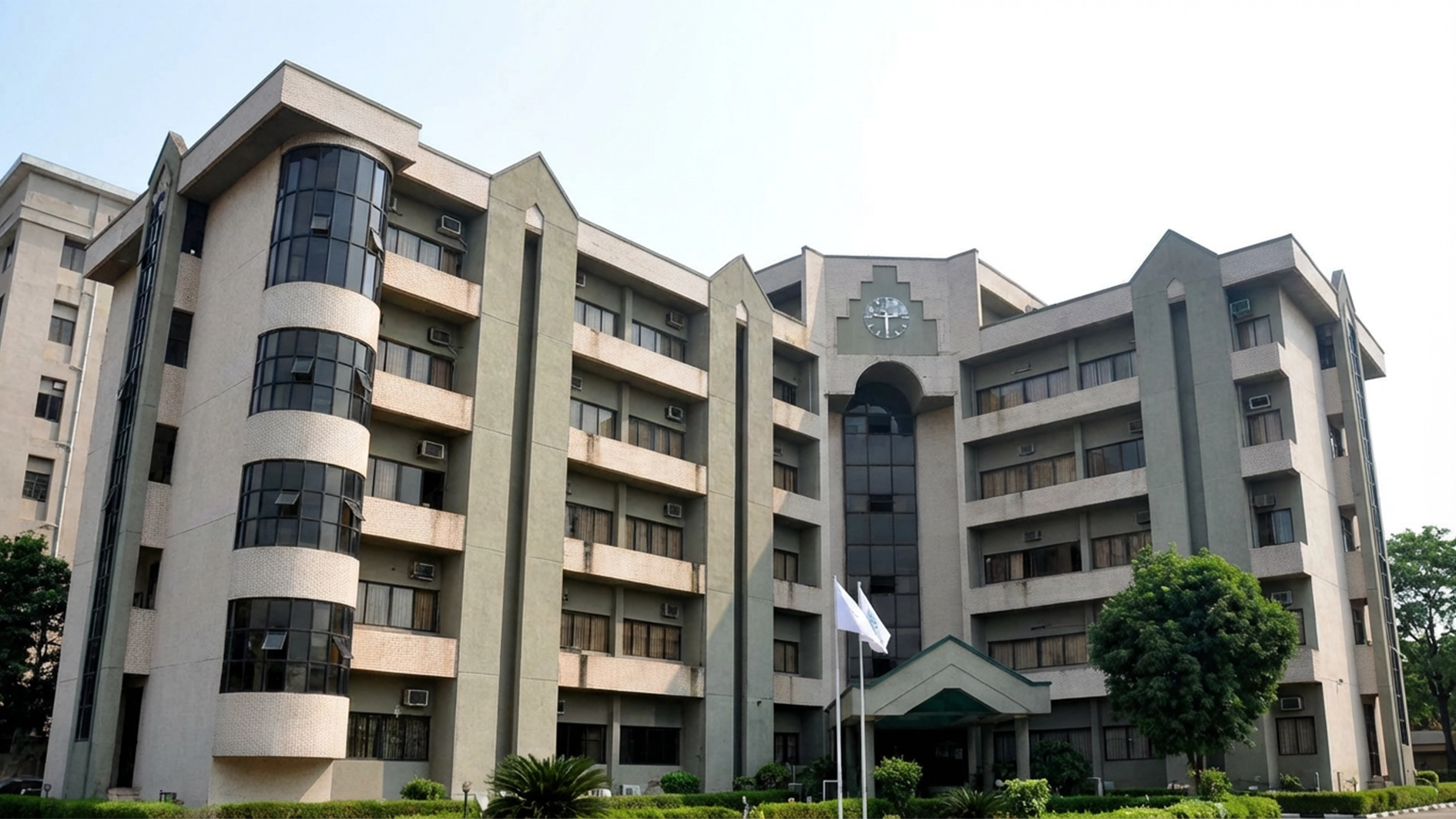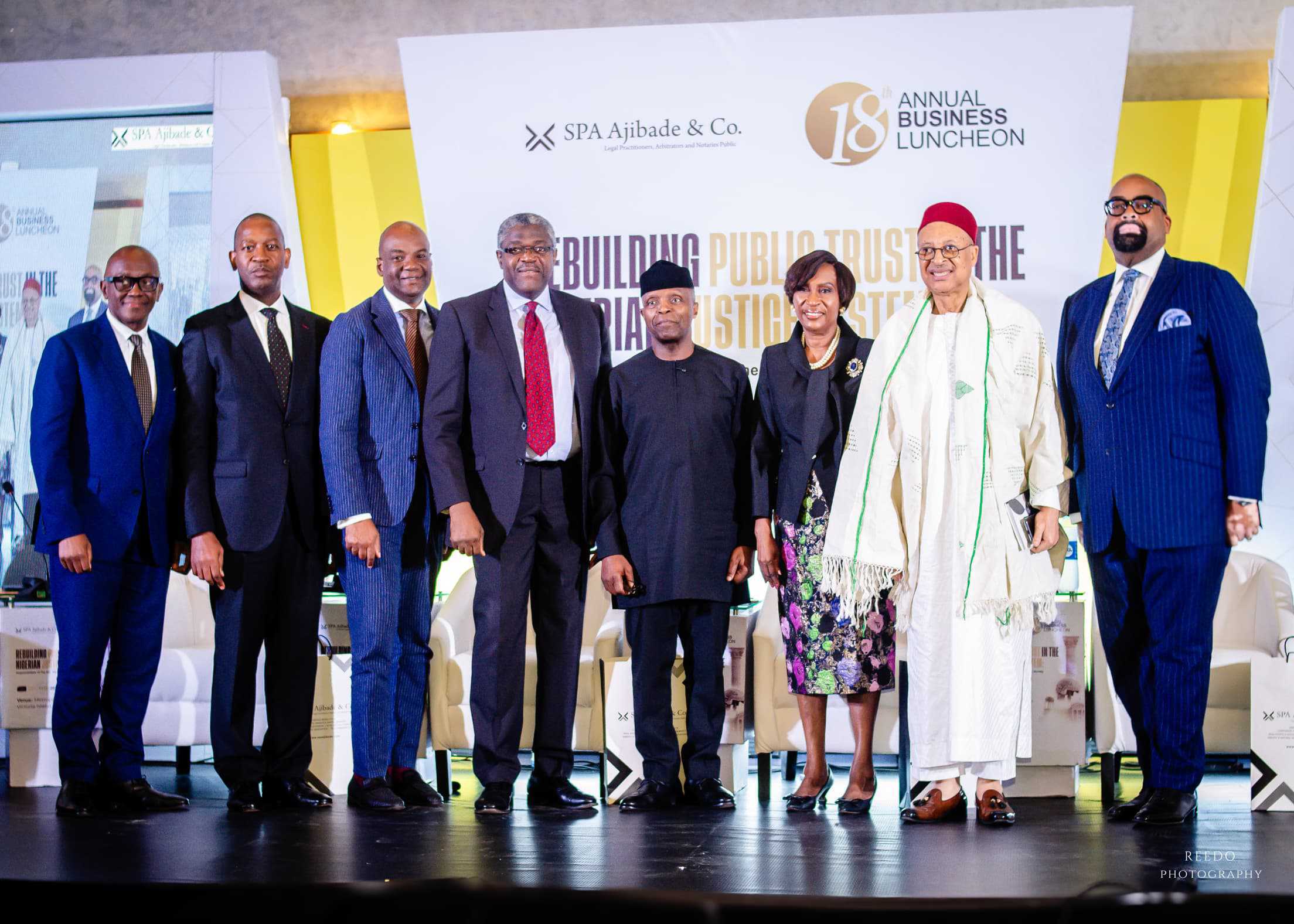
A foremost lawyer and Senior Advocate of Nigeria (SAN) Mohammed Ndarani, in this exclusive interview with AMEH OCHOJILA, described the recent Supreme Court judgment on local government autonomy as a catalyst for rural areas’ revolution. Among other issues, he called for a constitutional overhaul amid rising corruption allegations, stating that the time for reform is now.
What are the consequences of the Supreme Court judgment on local government autonomy?
The Supreme Court’s decision has several implications for local government autonomy in Nigeria. Firstly, the local government leadership can administer and control their councils as the third tier of government without seeking and getting the governor’s approval. It is an added feather to Nigeria’s practice of true federalism because the decision reinforces Nigeria’s move towards true federalism, wherein we now see the three tiers of government functioning side by side.
The verdict will boost local government autonomy because it will free the local government councils from being held down by State Governors who usually divert the funds of local government councils to service areas of their need and fancy.
It will afford the local government financial autonomy for councils. The verdict grants financial autonomy to local government councils, allowing them to deploy resources for the benefit of rural dwellers and stakeholders without interference or deduction from any quarter.
Local government councils are now at liberty to generate revenues, allocate resources and manage their finances without state governments’ interference.
It will promote grassroots development and decentralisation of governance as the verdict will take charge of and prioritise projects and programmes that will benefit the local government based on the people’s needs and traditions.
The verdict that governors cannot hence dissolve elected local government councils will engender a strong democratic culture at the grassroots. It will lead to healthy competition by the leadership of councils, as the council bosses would work to outperform each other, deliver democratic dividends to their areas without excuses and bring governance closer to the people.Therefore, elections into the third tier of government will be tougher and more democratic under the new dispensation.
What are your recommendations for judicial independence amid corruption allegations?
To enhance judicial independence and address corruption within the judiciary, I recommend constitutional amendments that guarantee financial autonomy, security of tenure, and administrative independence for judges. The appointment process should be free from political interference, with an Independent Judicial Advisory Committee responsible for selecting judges through a rigorous and transparent process. This committee would conduct background checks, solicit public feedback, and recommend only qualified candidates for appointment. Additionally, heavy penalties should be imposed on any attempts to interfere with judicial functions. Amendments to the immunity clause in the 1999 Constitution should allow for the prosecution of governors who interfere with the judiciary. Also, the judiciary should be supported in making bold decisions to safeguard the rule of law, and whistleblower protections should be strengthened to encourage reporting of judicial misconduct.
What legal reforms do you suggest to address human rights abuses by security agencies?
To tackle human rights abuses by security agencies, I recommend the establishment of independent oversight bodies. I also suggest reforms to address systemic issues and mandatory use of body cameras by security personnel. Training and capacity-building programmes should be implemented to ensure that security officers respect human rights and the rule of law. Whistleblower protections must be enhanced to prevent retaliation against those who report abuses. Additionally, international bodies should be involved in monitoring the human rights records of security agencies, and civilian oversight mechanisms should be introduced to ensure compliance with human rights standards.
Gender-based violence is also a serious issue in Nigeria. What legal framework do you think will address this?
Nigeria’s current legal framework for addressing gender-based violence (GBV) includes several laws and policies, such as the Violence Against Persons (Prohibition) Act (2015), the National Gender Policy (2006), and the Sexual Offences Bill (2019). Despite these measures, challenges such as limited enforcement, cultural barriers, inadequate support services, and stigmatisation persist. To improve the situation, I recommend strengthening legal frameworks, enhancing enforcement, and increasing awareness and education about GBV. There should also be a focus on rural areas, where cultural beliefs and practices often exacerbate gender-based violations.
Relatedly, how can we strengthen the anti-corruption laws and enforcement?
Nigeria’s anti-corruption laws are relatively effective, with agencies like the Independent Corrupt Practices Commission (ICPC) and the Economic and Financial Crimes Commission (EFCC) playing crucial roles. However, challenges remain, including limited enforcement, corruption within the agencies, lack of transparency, inadequate funding, and judicial interference. To strengthen anti-corruption efforts, I recommend ensuring the independence and autonomy of anti-corruption agencies, providing adequate funding, enhancing transparency, and improving judicial accountability. Anti-corruption laws should be broadened to cover new forms of corruption, and penalties for corruption offences should be increased. Asset recovery processes should be improved, and public financial management systems should be strengthened. Additionally, public engagement and education on anti-corruption should be promoted, and cultural norms that tolerate corruption must be challenged.
What are the defects in Nigeria’s Cybercrime legislation on digital privacy and freedom of expression?
Nigeria’s cybercrime laws have raised concerns about digital privacy and freedom of expression. The laws contain overly broad definitions, lack privacy safeguards, and impose restrictions on online speech that may stifle legitimate expression. Additionally, extraterritorial jurisdiction, disproportionate penalties, and insufficient protection for whistleblowers and journalists are problematic. To address these issues, the legislation should be revised to include clearer definitions, stronger privacy protections, and more proportionate penalties. There should also be greater transparency and accountability in the enforcement of these laws.
What are the challenges to the constitutional right to protest in Nigeria?
The constitutional right to protest in Nigeria is enshrined in the 1999 Constitution and the Police Act, which guarantee the right to peaceful assembly and require police to protect protesters. However, several factors heighten challenges to this right, including political sensitivity, lack of clear regulations, and security concerns. When protests are perceived as a threat to government stability, they are often suppressed by security agencies. To address these challenges, it is essential to ensure clear guidelines for protests, prioritise dialogue between citizens and the government, and protect the constitutional rights of individuals to express their grievances peacefully.
Several factors are increasingly challenging the constitutional right of Nigerian citizens to engage in peaceful protests, especially as enforced by security agencies. Before addressing these challenges, it is essential to outline the legal provisions that support the right to peaceful protest in Nigeria.
The 1999 Constitution of the Federal Republic of Nigeria (as amended) provides the foundation for this right. Section 39 guarantees freedom of expression, allowing every individual the right to express opinions and disseminate information without interference. Similarly, Section 40 secures the right to peaceful assembly and association, enabling individuals to gather freely and form groups, including political parties and trade unions, for the protection of their interests.
However, these rights are not absolute. Section 45(1) of the Constitution allows for their limitation in the interest of national security, public safety, public order, public morality, or public health. The Police Act also plays a critical role in this context. It mandates that police officers protect protesters and ensure their safety during peaceful assemblies, provides adequate security to prevent disruption or violence, and regulate protests without unduly preventing them unless there is a reasonable fear of a breach of peace. The Act further prohibits excessive force by police officers against protesters and establishes the Police Complaints Committee to investigate complaints against officers, including those related to protests.
Despite these provisions, several factors are heightening the challenges to the right to protest. One significant issue is the political sensitivity surrounding protests, especially when they target government policies or actions. In such cases, the government may perceive protests as a threat to its power or continuity, leading to suppression by security forces.
Another challenge is the lack of clear regulations governing protests. This ambiguity allows authorities to interpret the law in ways that may restrict or suppress protests. Additionally, the government often cites security concerns, such as the potential for political upheaval, violence, or instability, to justify the restriction of protests.
In conclusion, while the legal framework in Nigeria does provide for the right to peaceful protest, these rights are increasingly constrained by political, regulatory, and security-related factors. Both the government and citizens must prioritise dialogue to address issues before they escalate into protests.
.






